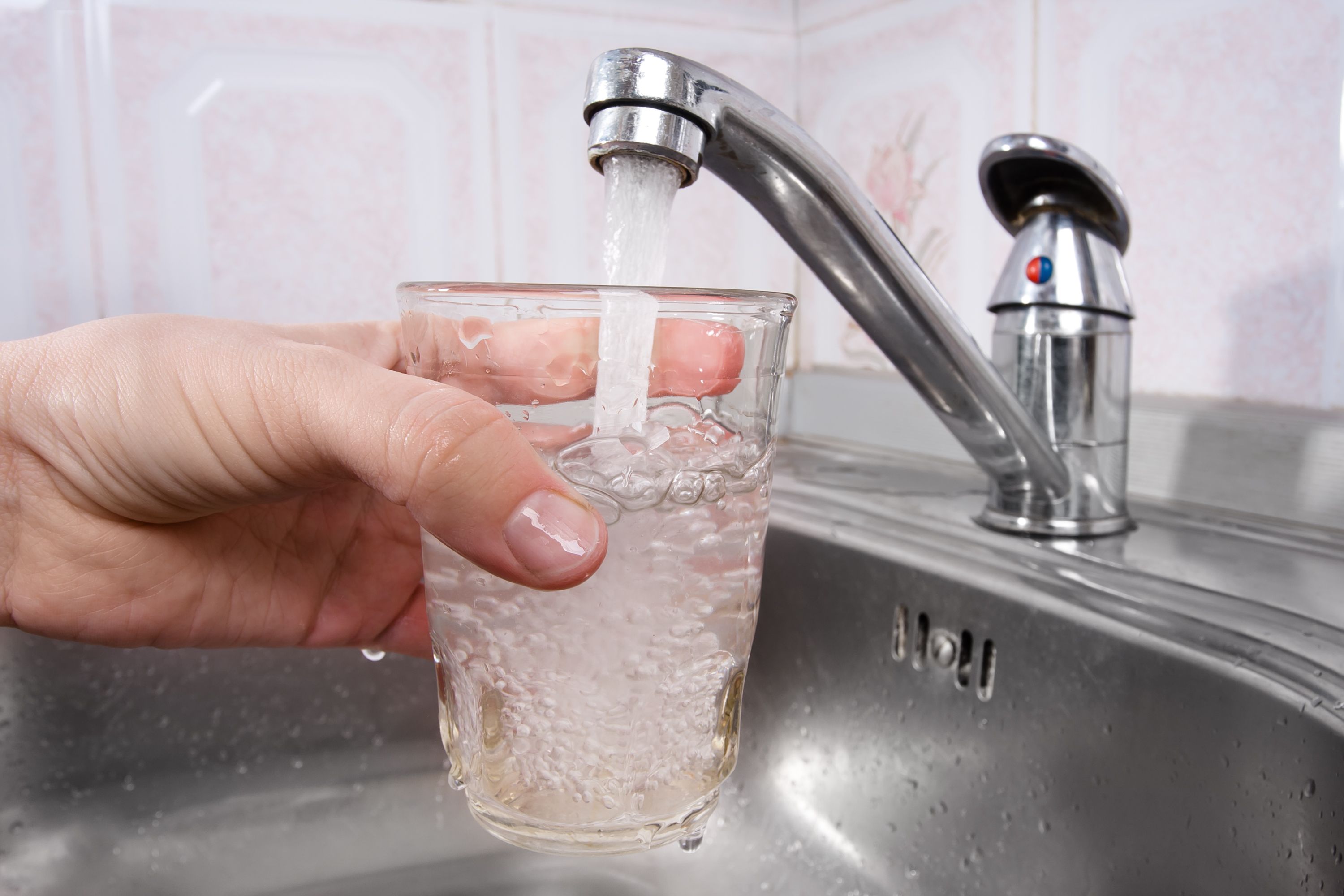Seamus O’Regan, minister of indigenous services, has provided the department’s monthly progress update on the federal government’s commitment to end long-term drinking water advisories on reserves.
In June 2019, three short-term drinking water advisories at risk of becoming long-term were lifted from public systems on reserves. Working to resolve short-term advisories is a part of the overall efforts underway alongside hundreds of water and wastewater infrastructure projects on-reserve across the country.
The following short-term advisories were lifted before becoming long-term:
- Blood, in Alberta, lifted a short-term advisory from the Standoff Public Water System on June 10 after planned system maintenance was completed. The advisory had been in effect since March 28, 2019. The First Nation lifted a second short-term advisory from the Whoop-up Public Water System on June 14 after inadequate disinfection at the treatment plan was remedied. The advisory had been in effect since March 25, 2019.
- Iskatewizaagegan #39 Independent First Nation, in Ontario, lifted a short-term advisory from the Shoal Lake #39 Public Water System on June 20 following repairs to the water line. The advisory had been in effect since March 15, 2019.
“Ensuring short-term drinking water advisories do not become long-term is equally important to our commitment to lift all long-term drinking water advisories by March 2021,” said O’Regan. “I commend the people of Blood and Iskatewizaagegan #39 on lifting two short-term advisories. We are committed to our work with First Nations to bring safe drinking water to everyone in Canada.”
No long-term drinking water advisories on public systems were lifted or added in June 2019. This leaves the total lifted at 85, with 58 remaining on-track to be lifted by March 2021.
The number of long-term advisories affecting public systems on reserves has declined from 105 in November 2015, to 58 as of June 30, 2019.
Through budget investments in water and wastewater infrastructure on reserves across the country, 561 projects are either underway or have been completed.
Through Budget 2016, the Government of Canada set a goal of March 2021 to end all long-term drinking water advisories on public systems on reserves. The government committed $1.8 billion over five years to improve water and wastewater infrastructure. Budget 2019 committed an additional $739 million over five years, beginning in 2019-2020, with $184.9 million per year ongoing.
First Nations and the Government of Canada will continue this important work to lift the remaining long-term drinking water advisories on public systems, complete the water and wastewater projects underway now, and bridge the gap in essential infrastructure on reserves.









